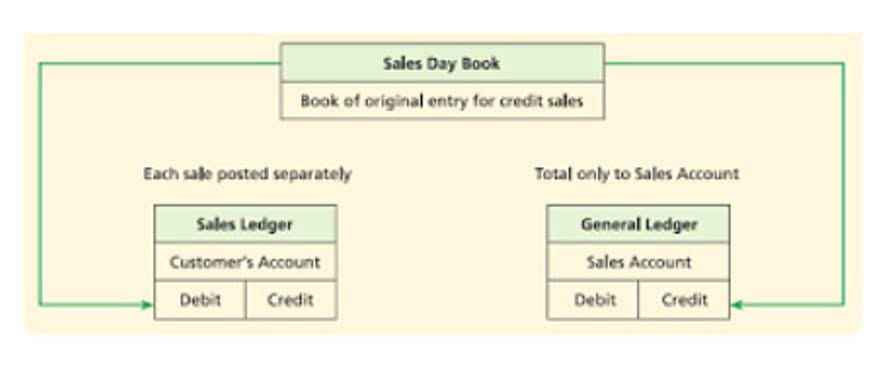
Specified service trade or businesses (SSTBs) often face phase-outs of the QBI deduction once taxable income exceeds $383,900 for married joint Retail Accounting filers and $191,950 for others in 2024, with a complete loss above $483,900 and $241,950, respectively. Non-SSTB businesses with incomes above these thresholds still qualify but may see deductions reduced based on W-2 wages paid or qualified property basis. These calculations frequently require comparing 50% of wages against 25% plus 2.5% of property basis to determine the deduction limit. For 2025, the taxable income thresholds are $197,300 for single filers and $394,600 for married couples filing jointly. Below these marks, most owners can take the full deduction, and even income from a specified service trade or business (SSTB) can count. Above the thresholds, limits tied to W‑2 wages and the basis of qualified property start to apply.
Caution: Don’t Compromise Cash Flow or Eligibility

Bankrate.com is an independent, advertising-supported publisher and comparison service. We are compensated in exchange for placement of sponsored products and services, or by you clicking on certain links posted on our site. Therefore, this compensation may impact how, where and in what order products appear within listing categories, except where prohibited by law for our mortgage, home equity and other home lending products.
Qualified business income (QBI) deduction: What is it and who qualifies?
A worksheet, QBI Loss Tracking Worksheet (below), is provided that can help you track your suspended losses. Use as many copies of the worksheet as necessary to separately track your suspended loss(es) under each suspending provision. When losses or deductions are suspended, you must determine the qualified portion of the losses or deductions that must be included in QBI in subsequent years when allowed in calculating your taxable income. In general, losses and deductions incurred prior to 2018 are not qualified losses or deductions and are not included in QBI in the year they are included in calculating taxable income. To figure the total amount of QBI, you must consider all items that are attributable to the trade or business.
- Small business owners need to know the filing requirements for claiming the QBI Deduction.
- A significant exclusion applies to income from a “Specified Service Trade or Business” (SSTB) once a taxpayer’s income exceeds certain thresholds.
- It excludes wage income, capital gains, and items like interest not attributable to the business.
- The pass-through QBI deduction is a personal deduction you may take on your Form 1040, whether or not you itemize.
- If a taxpayer’s taxable income exceeds the upper threshold of the phase-out range, which for 2024 is $241,950 for single filers ($483,900 for married filing jointly), the QBI deduction is fully subject to the W-2 wage and UBIA limitations.
What are the income limits for claiming the QBI deduction?
Business deductions like the home office deduction reduce your qualified business income. Since the QBI deduction is calculated as a percentage of your QBI, taking business deductions indirectly reduces your QBI deduction. However, business deductions also directly reduce your taxable income and potentially your self-employment tax.

Aggregating Multiple Businesses for QBI Purposes
Additionally, trusts and estates with qualified business income may qualify for the QBI deduction as well. The IRS has increasingly focused on QBI deduction compliance, making proper documentation essential. If you’ve aggregated businesses for QBI purposes, maintain documentation explaining the rationale for aggregation and showing how the aggregation requirements are met. For rental properties claimed as qualified businesses, track hours of rental services performed. Keep https://www.92101urbanliving.com/experience-requirements-beyond-the-books-factoring/ all this documentation for at least three years from the date you file your return or two years from the date you pay the tax, whichever is later.
Deduction Limitations and Phaseouts

This income must be effectively connected with a trade or business within the United States. QBI focuses on the net profit after ordinary and necessary business expenses, distinct from a business’s gross revenue. If adding irrelevant incomes can lead to penalties, you can also miss out on aggregation opportunities, which offer excellent tax benefits. Knowing the rules related to aggregation can maximize your QBI and tax savings. As QBI is net income, it’s important to understand that more expenses equate to lower QBI. Though you must deduct all legitimate expenses, you can maximize QBI with strategic expense planning.

How Manay CPA Helps Clients Maximize the QBI Deduction
- All members of an expanded affiliated group shall be treated as a single corporation for purposes of this subsection.
- Your ability to claim the full QBI deduction depends on your total taxable income (wages, capital gains, interest, etc.).
- If your taxable income is below the threshold, you can usually claim the full 20% deduction on eligible business income.
- For purposes of determining your UBIA for all qualified property, the unadjusted basis immediately after acquisition means the basis on the placed-in-service date.
- Businesses structured as partnerships, S corporations, sole proprietorships, and single-member LLCs commonly qualify for the QBI deduction.
- Generators and templates are provided as-is without guarantees of applicability to your situation or freedom from errors.
- TurboTax Full Service Business is perfect for partnerships, S-corps, LLCs and sole proprietorships.
Income distributed to beneficiaries may pass through QBI eligibility, while income retained in the trust is calculated at the trust level. Special rules apply for grantor trusts, non-grantor trusts, and charitable remainder trusts, making professional guidance advisable for complex estate qualified business income deduction: structures. If you’re feeling bogged down by deductions trying to figure out how to minimize your tax bill, you’re not alone. Every year, millions of Americans overpay on their taxes, and it’s particularly easy to do this as a business owner given the wide array of tax benefits available to you.
